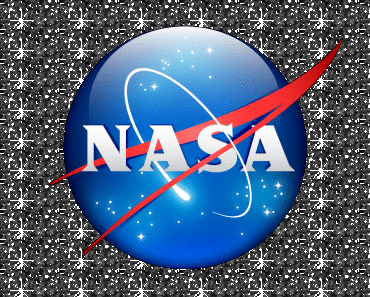
BY BRITTANY SCOTT
For the first time since 2012, the National Aeronautics and Space Administration (NASA), is looking to hire aerospace engineers and financial management specialists. Applications will be collected starting from November 11th to December 3rd, 2015. The openings for the new Mars research team will open up on December 14th 2015 through mid-February 2016. The federal agency will announce its candidates in mid-2017, officials said.
The Astronaut Corps is looking for 300 engineers, medical doctors, pilots and scientists to broaden their horizons with the administration.
“This next group of space explorers will inspire the new Mars generation to reach for new heights and help us realize the goal of putting boot prints on the red planet,” said Charles Bolden, a NASA administrator. America has put more people in space and has more people in spacecraft development than anywhere in the world.
The United States has individuals from all corners of the Earth incorporated into their space programs. Observers say those employees are some of the best and most innovative critical thinkers and workers who have the best to offer the nation. Still NASA yearns for more brain power.
Applicants must have a Bachelor’s degree in biological science, engineering. physical science, or mathematics. NASA also requires its new recruits to have at least three years of related experience or 1,000 hours of “pilot-in-command time” and must also pass an extremely challenging physical exam. This “pilot-in-command” time proves that pilots are qualified to learn how to mobilize and function in a space craft.
“Medical doctors are very helpful as scientists in their own right,” said York College Professor Timothy Paglione who is a professional astronomer who added doctors “get the most safety out of people working in space and other extreme conditions, as well as, life support maintaining bone and muscle in low gravity, keeping one’s sanity on large deployments and monitoring physical and mental health of active astronauts”.
Individuals selected will fly aboard air crafts from American soil to Mars where they will stay and help push the boundaries of technological advancement in space.
Professor Paglione adds that he is ‘on the fence’ about Mars. “We haven’t made the case yet to justify the expense however, I’m easily swayed by the adventure of exploration and know that people on Mars would learn more in a week what remote rovers learn in a year on the surface” added Paglione when asked about his feelings on the Mars mission. NASA is looking to choose from a wide selection of citizens with a variety of backgrounds who will diversify this new age of space research.
When asked what is the importance of filling these job positions with people from this generation, Asifur Rahman, York College biology major said “Our generation is skeptical and is open to different forms of learning and passing on knowledge. This generation is also more technologically advanced than any other of its time they will be perfect for the job.”
So far, over 100,000 jobseekers from across the nation have signed up to be astronauts.
However, not everyone is convinced Mars is worth the trip. The red plant does not have enough water for humans to survive,” Rahman observed.
“Billions of dollars simply going down the drain that should be put to use on Earth. Someone like Bill Gates should go to Mars not the general public,” Rahman added.
NASA is sending group of individuals to inhabit the planet Mars and make strides to create a livable environment for an actual population contrary to the fact that it is considered a troublesome task.
“Mars is not a favorable planet for humans, there isn’t enough water to support a growing population, the red planet also lacks many natural elements that earth has and the temperature would require special body suits to live under its conditions,” Rahman added.
Kiyante Burress, a Queensborough Community College sophomore believes NASA should explore Mars.
“It is always better to know more and with them putting the best of the best on the planet it would keep us here on Earth more aware of our solar system,” Burress said.

